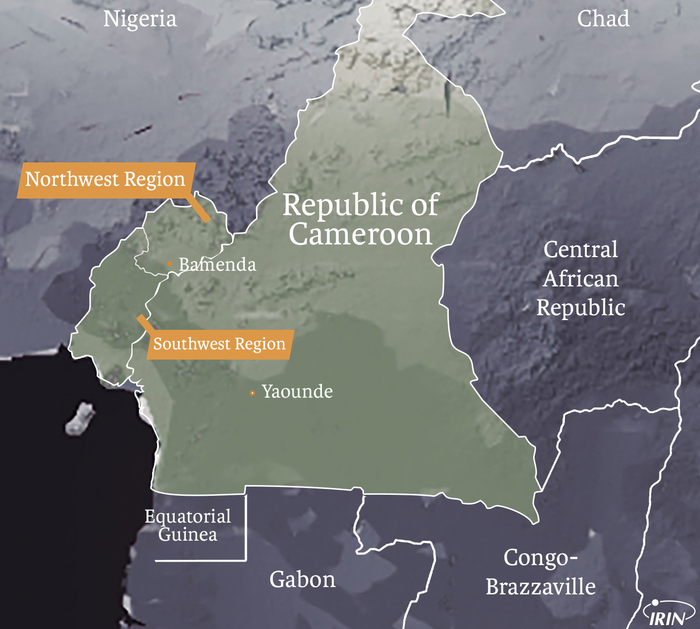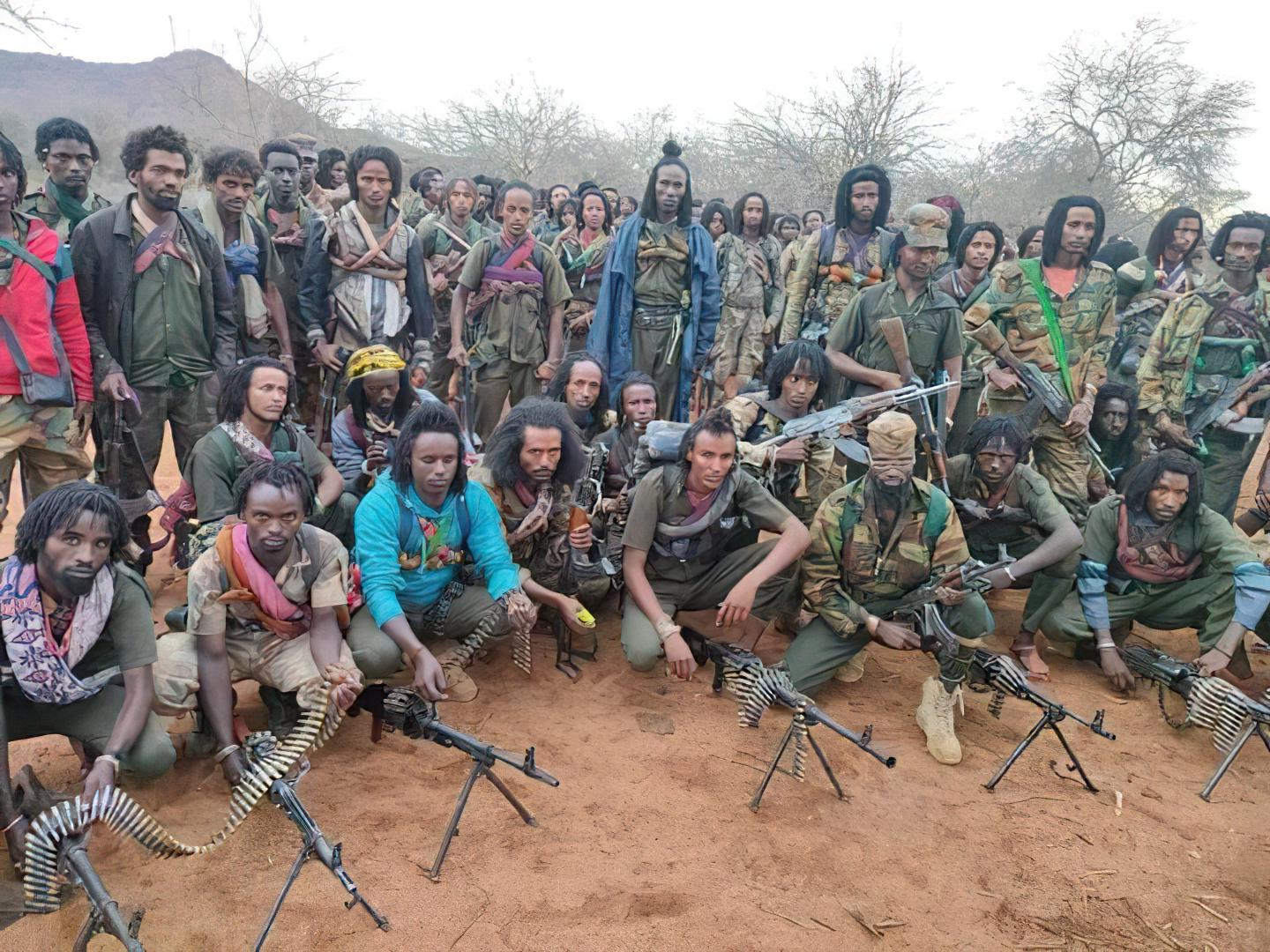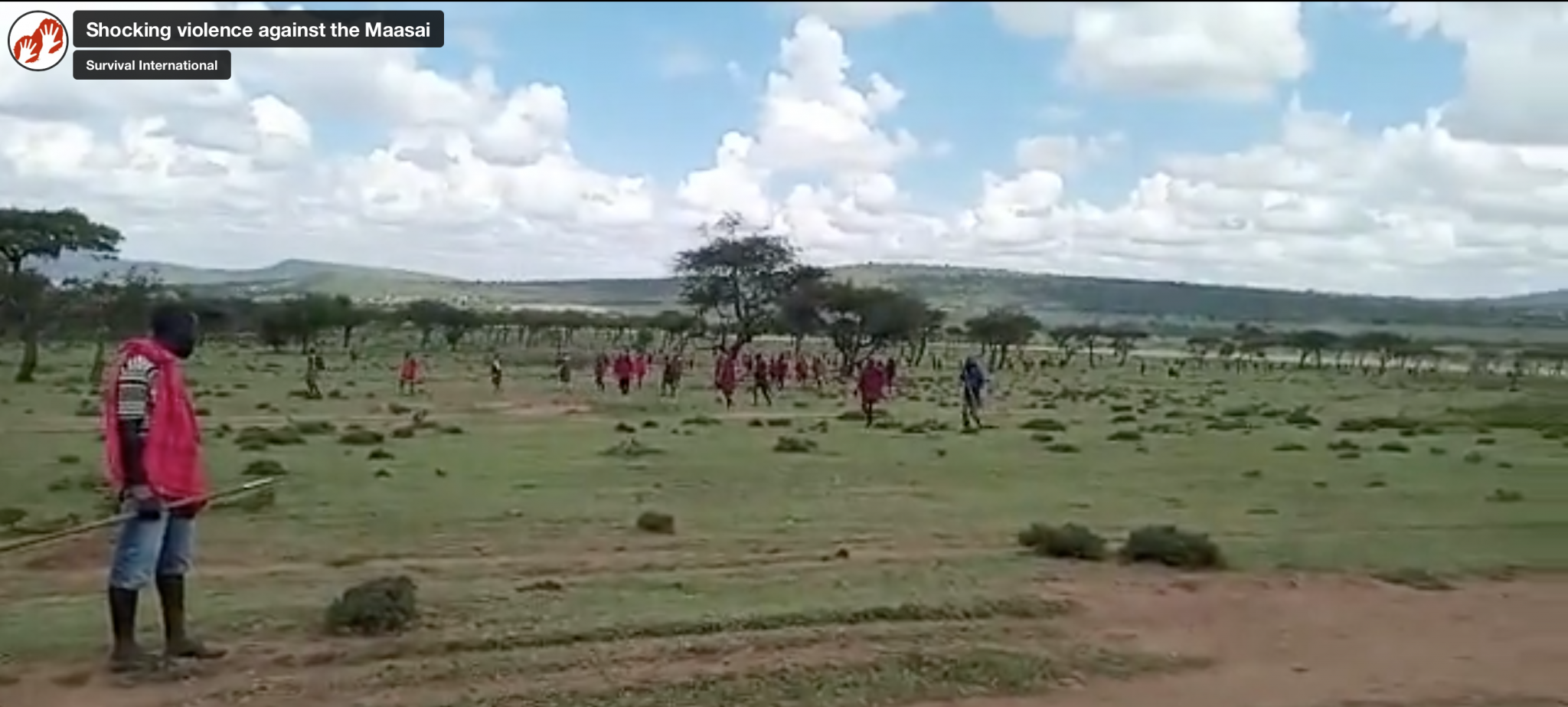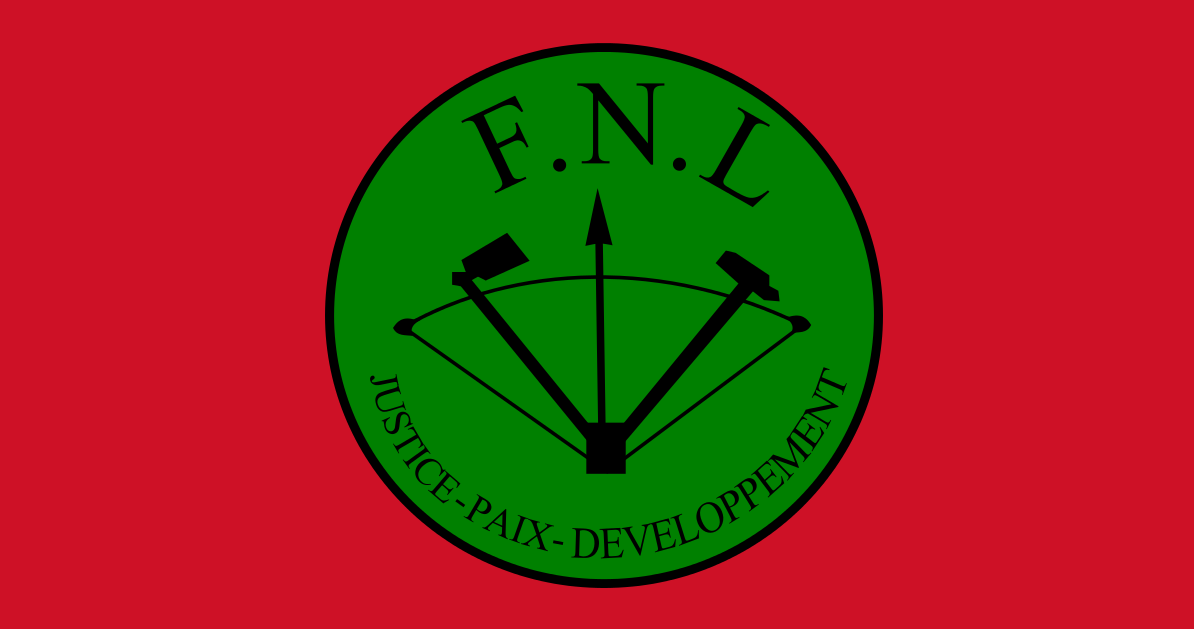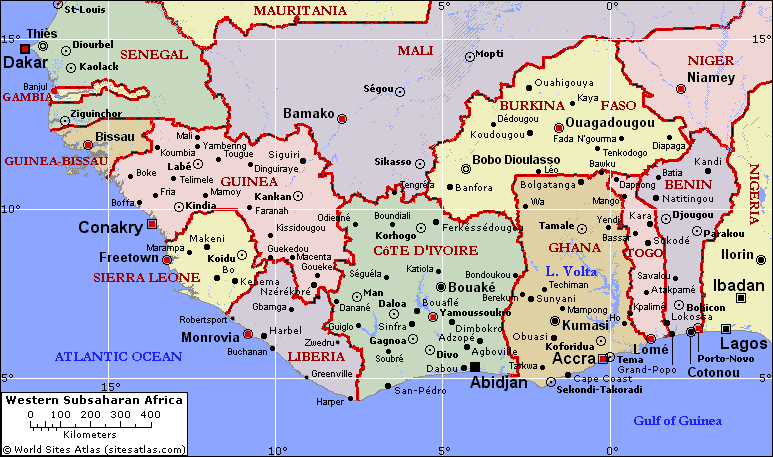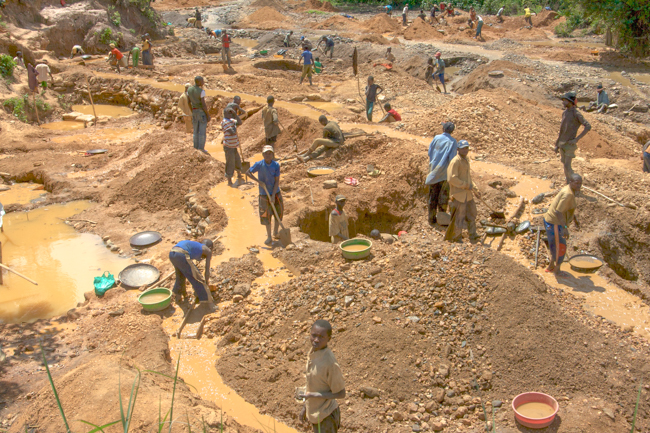
Sudan: regime spurring ethnic violence?
Fighting between Hausa and Berta tribespeople broke out in Sudan’s Blue Nile state, leaving dozens dead. While the clashes apparently began in a land dispute, tensions were elevated following calls to recognize a chiefdom for the Hausa people, who originate from Nigeria but have been settling lands in the region for generations. Authorities have imposed a curfew and mobilized the army and paramilitary Rapid Support Forces to the state, ostensibly to restore calm. But the Forces for Freedom & Changes (FFC) opposition coalition accused the military of instigating the conflict by encouraging Hausa demands to establish a chiefdom in territory traditionally inhabited by the Hamaj, a clan of the Berta people. Before a 2020 peace deal, many Hausa served in paramilitary forces to help the regime fight the SPLM-N rebels. “The FFC hold the coup authority fully responsible for the successive renewal of these events,” the opposition group said in a statement. (Map: Perry-Castañeda Library Map Collection)



